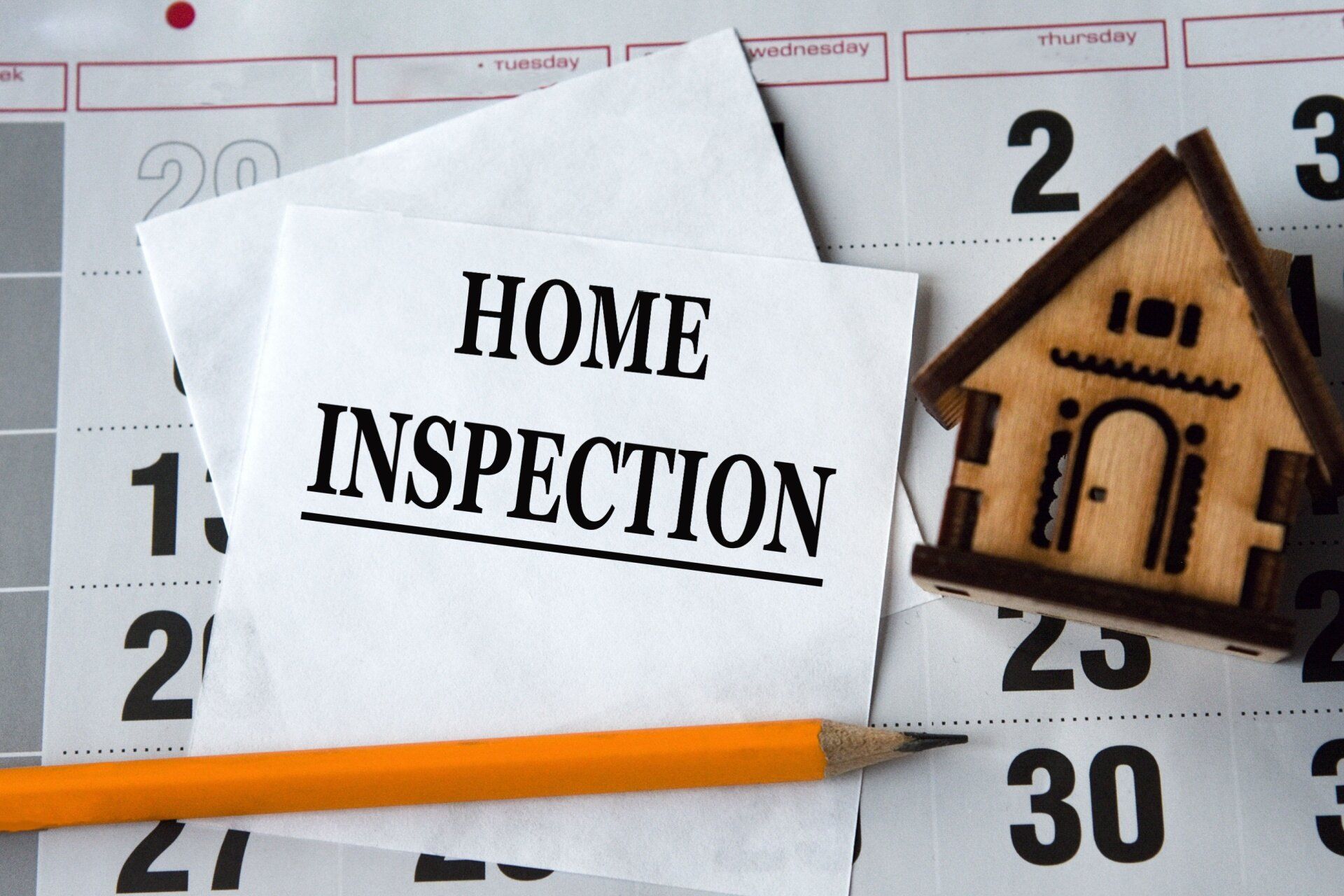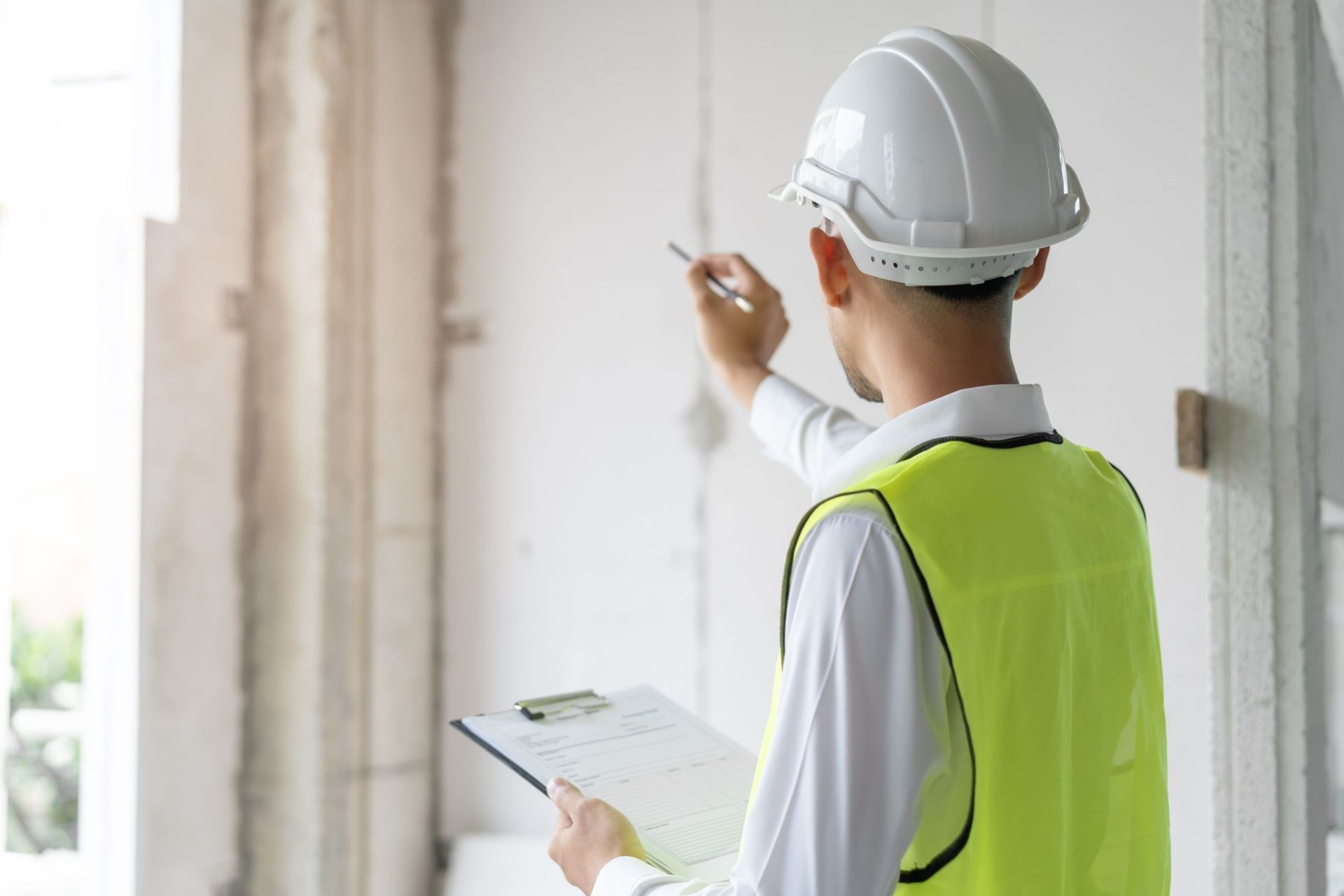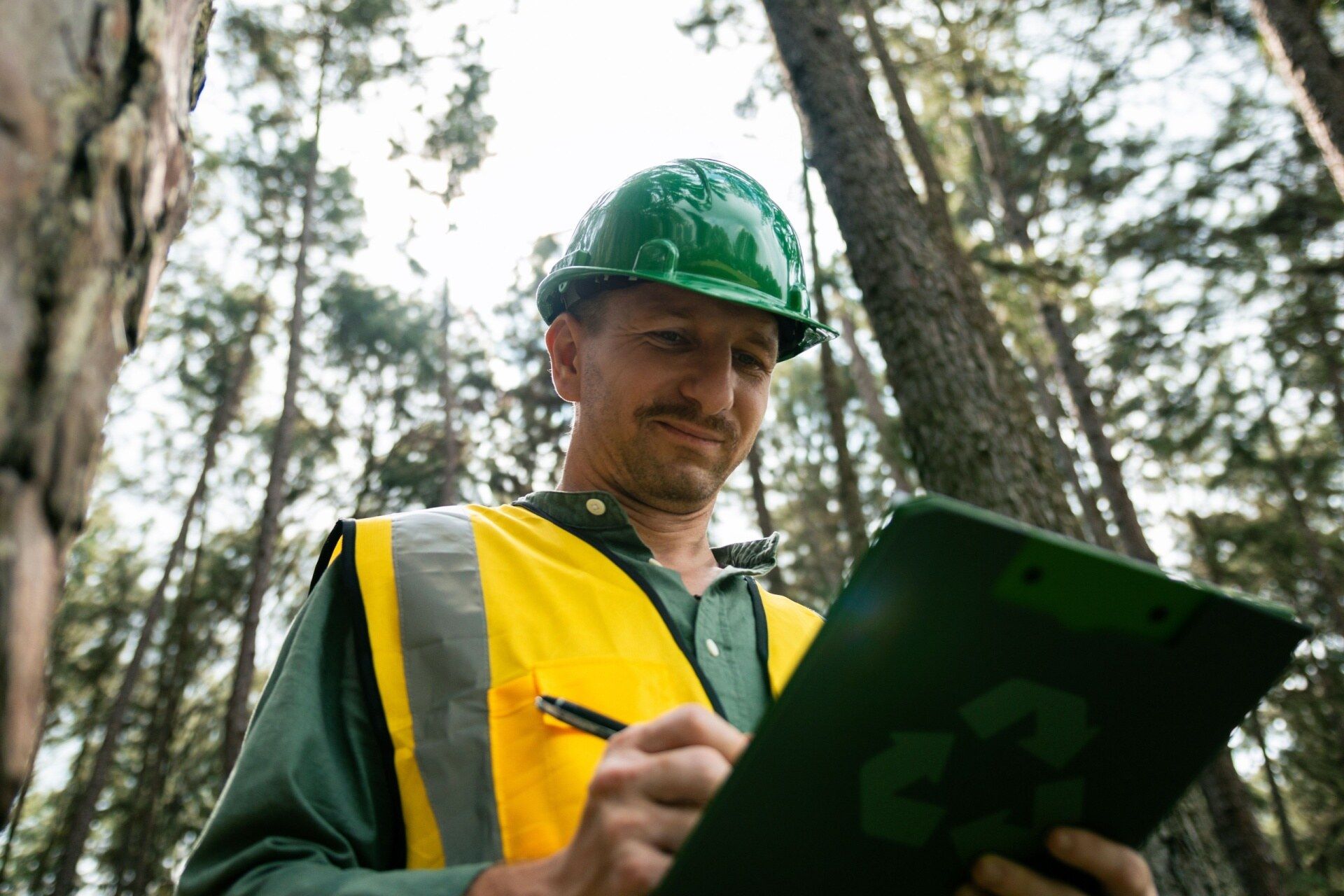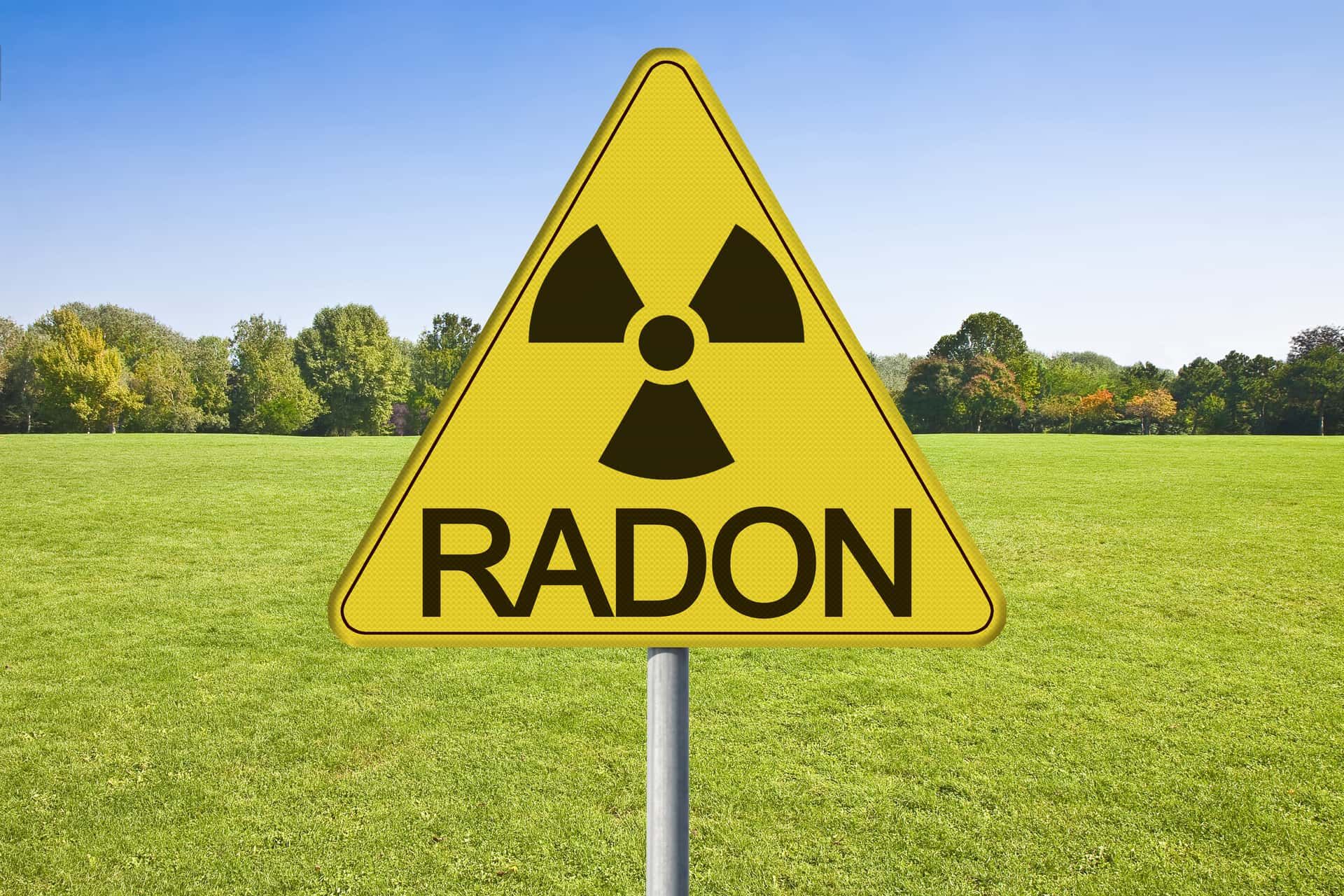What Is a Commercial Building Inspection and Why It Matters
Did you know that proactive maintenance and early inspections can help reduce costly commercial property repairs by up to 30%?
For business owners, property managers, and investors, that’s a huge deal. A Commercial Building Inspection isn’t just a formality—it’s a smart way to protect your investment, avoid unexpected bills, and make informed decisions.
In this guide, we’ll explain what a commercial building inspection is, what inspectors look for, and why it’s so important before buying, leasing, or maintaining a property.
What Is a Commercial Building Inspection?
A Commercial Building Inspection is a detailed check of a property’s physical condition. It’s performed by a qualified building inspector who looks at the structure, systems, and overall safety of the building.
The goal is to provide a Property Condition Assessment (PCA)—a report that shows the building’s current state, any problems, and repair or maintenance needs.
While many people think inspections are only for home buyers, commercial properties like offices, warehouses, retail stores, and apartment complexes also need them. In fact, they’re often more complex because these buildings have larger systems and higher safety requirements.
Why It Matters for Business Owners and Investors
1. Protect Your Investment
Commercial buildings can cost millions of dollars. Without a proper inspection, you could miss hidden problems like roof leaks, outdated wiring, or foundation cracks. These can quickly turn into expensive repairs.
2. Plan for Maintenance
A Property Condition Assessment not only finds current issues but also helps plan for future upkeep. Knowing when major repairs might be needed helps you budget better.
3. Ensure Safety and Compliance
Building codes, fire safety regulations, and accessibility standards are there to protect people. An inspection ensures your building meets these requirements—avoiding fines or legal problems.
4. Gain Negotiation Power
If you’re buying or leasing, the inspection report can help you negotiate a better price or ask the seller to make repairs before closing.
What Does a Commercial Building Inspector Look For?
A building inspector doesn’t just walk around with a clipboard. They follow a detailed checklist to assess the property’s major systems and components. Here’s what’s usually included:
1. Structure and Foundation
Inspectors check the walls, floors, and foundation for cracks, settling, or water damage. Structural issues can be expensive to fix, so catching them early is important.
2. Roof
Commercial roofs can be flat, metal, or shingle. Inspectors look for leaks, worn materials, and drainage problems.
3. Electrical Systems
They check wiring, circuit panels, and outlets to ensure they’re safe and meet current codes.
4. Plumbing
Pipes, fixtures, and water heaters are inspected for leaks, corrosion, or outdated materials.
5. HVAC Systems
Heating, ventilation, and air conditioning are crucial for comfort and energy efficiency. Inspectors test these systems and note their age and condition.
6. Interior and Exterior
This includes walls, ceilings, floors, windows, and doors. They look for damage, signs of pests, or water intrusion.
7. Safety Features
Inspectors check fire alarms, sprinklers, exit signs, and emergency lighting.
8. Site Conditions
Parking lots, drainage, sidewalks, and landscaping are also reviewed, as they impact safety and accessibility.
When Should You Get a Commercial Building Inspection?
A Commercial Building Inspection is valuable at several points:
- Before Buying or Leasing – To understand the property’s true condition.
- Before Selling – To fix problems before listing and attract better offers.
- For Annual Maintenance – To catch small issues before they become major.
- After Major Weather Events – To check for storm damage.
How a Property Condition Assessment Helps You
The Property Condition Assessment report is the result of the inspection. It’s more than just a list of problems—it’s a complete snapshot of your building’s health.
A good PCA will include:
- Photos of problem areas.
- A summary of needed repairs.
- Cost estimates.
- A timeline for future maintenance.
This report becomes a valuable tool for budgeting, negotiating, and planning improvements.
Choosing the Right Commercial Building Inspector
Not all inspectors have the same skills. For a reliable Commercial Building Inspection, look for:
- Experience with your type of property.
- Certifications from reputable organizations.
- References from past clients.
- Clear,
detailed reports.
An experienced inspector understands how building systems work together and can spot issues that others might miss.
The Cost of a Commercial Building Inspection
In the USA, prices can vary depending on:
- The building’s size.
- Location.
- Age and condition.
- Type of inspection needed.
While that might sound expensive, it’s small compared to the cost of unexpected repairs. Think of it as an investment in peace of mind.
Common Problems Found in Commercial Building Inspections
- Roof leaks and water damage.
- Outdated or unsafe electrical wiring.
- Poor drainage or grading issues.
- HVAC systems are near the end of their lifespan.
- Foundation cracks or settling.
- Mold or pest infestations.
Catching these problems early can save you thousands in repairs and help avoid business interruptions.
Final Thoughts
A Commercial Building Inspection is one of the smartest steps you can take when buying, selling, or maintaining a property. By hiring a qualified building inspector and getting a detailed Property Condition Assessment, you gain the information you need to protect your investment, ensure safety, and plan for the future.
Don’t leave your investment to chance—schedule your commercial building inspection with ProTec Inspections today.
FAQs: Commercial Building Inspection
What is included in a commercial building inspection?
A commercial building inspection covers structural elements, roofing, plumbing, electrical systems, HVAC, safety features, and site conditions. It results in a Property Condition Assessment report.
How long does a commercial building inspection take?
Most inspections take between 4–8 hours, depending on the property’s size, age, and complexity. Large or older buildings may require additional time.
Who needs a commercial building inspection?
Business owners, investors, property managers, and landlords benefit from inspections before buying, selling, leasing, or maintaining a property.
What is a Property Condition Assessment (PCA)?
A PCA is a detailed report from a building inspector outlining the current condition of the property, needed repairs, cost estimates, and maintenance timelines.
Disclaimer: The information on this website and blog is for general informational purposes only and is not professional advice. We make no guarantees of accuracy or completeness. We disclaim all liability for errors, omissions, or reliance on this content. Always consult a qualified professional for specific guidance.





